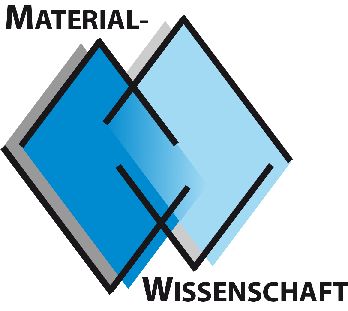We substitute critical materials and develop materials and processes for closed material cycles.
For a long time, production costs and application performance have been the only criteria in the evaluation of materials. In the past years, the origin of the (raw) materials and the post-usage phase became more and more important. This reflects in our research activities, too. Recycling and the substitution of critical raw materials have been established as cross-cutting issues at our institute. When developing new materials, we try to consider the whole life cycle (from the extraction of raw materials, to the transport and the application to the end-of-life) and strive towards the ideal of closed materials cycles. This is embodied, for example, in the following activities:
- Recycling of high-perfomance magnets
- Catalytic transformation of polymer waste into new organic materials and hydrogen
- Substitution of cobalt and manganese in batteries
- Substitution of rare earths and cobalt in magnets
- Substitution of lead in piezo elements
- Substitution of noble metal catalysts
- Membranes for the transformation of CO2 into fuels




